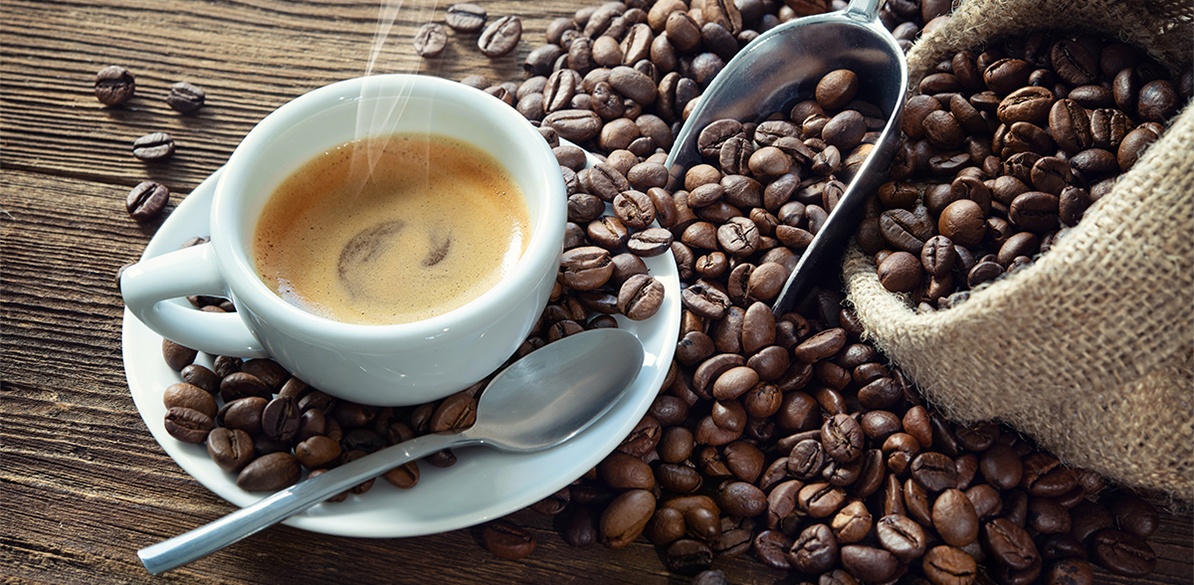Do you know how much caffeine is in your coffee?
Not all coffees wake you up to the same extent, so a good night’s rest is the best way to avoid sleepiness

Others
You may like ristretto, you may prefer expresso, or maybe your favorite is cold brew; there are many ways to prepare coffee depending on the brewing time and the quantity of water you use. But the amount of caffeine is not the same in all cases. Each coffee bean is different; in fact, two beans grown side by side on the same plant can have a varying caffeine content. The way it is brewed can also directly impact the amount of caffeine that makes it into your cup.
To shed light on this issue, Coffeeness conducted an on site study at a coffee roasting company in Berlin, analyzing 15 coffee drinks prepared using 15 different methods (from classic hand-filtered coffee to cold brew with different infusion times). The results are revealing and may change the habits of the most coffee lovers. Ristretto does not wake us up the most, and the traditional Moka is not the best ally to get us going. According to this study, cold brew coffee contains the most caffeine. So, for those moments when you feel like nodding off, keep one handy – but don’t forget that it takes between 12 and 24 hours to make it properly.
Regardless of how much caffeine is in your cup, when you are driving, trying to stay alert by drinking coffee is not a good idea. If you feel sleepy when at the wheel, find a safe place to stop, rest, walk around a bit and, if you want, give yourself a boost by drinking a cup of coffee. But don’t overdo it, indiscriminate coffee intake can have a rebound effect. It momentarily reduces your feelings of fatigue and drowsiness, but these reappear after a few hours, giving you a nasty surprise while you are driving.
Caffeine (together with theine and theobromine from cocoa) belongs to the xanthine group. These are substances that are categorized as drugs; in fact, the DGT includes them in its Guide on driving, drugs and medicines. Inappropriate caffeine use while driving can lead to agitation, nervousness and irritation, causing you to respond impulsively or even aggressively.
In short, coffee is a good tool for combating fatigue and drowsiness, but it is better if you drink it for pleasure and not out of necessity.
